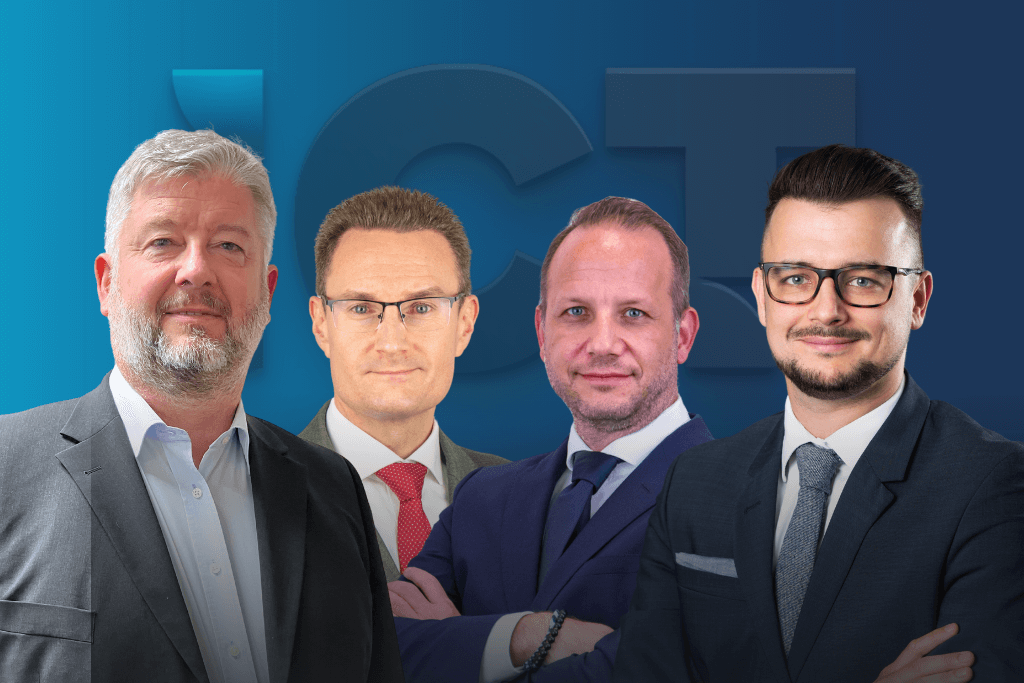Following the success of our recent webinar, we’re excited to share a collection of expert resources on company sales and acquisitions.
Throughout the discussion, we explored the most important considerations, pitfalls, and decision points through real-life examples—offering insights every business leader should be aware of. After all, the question of selling or expanding—exit or acquisition—can arise at any point in a company’s life. It might be years away, or just a few months around the corner. One thing is certain: leaders who understand the opportunities and risks in advance are far better equipped to make the right decisions. Even if you're not planning a move just yet, it pays to be prepared—because when the time comes, the knowledge you bring to the table can make all the difference.
Below, we've gathered all the available materials from the webinar in one place, so you can easily revisit the content and explore the topic in more depth.
Key Takeaways from the Webinar
The topic of “Exit or Acquisition?” goes far beyond simply selling or buying a company. Here are some key takeaways from the webinar that you can carry forward:
An exit doesn’t begin at the finish line: A successful company sale may require 1–2 years of preparation. A professional structure, transparent reporting, and a strong second-line management team are all critical to attracting a quality offer.
Buyers aren’t just buying numbers: Strong historical results aren’t enough — what truly matters is future growth potential and operational viability. An artificially “boosted” EBITDA can easily backfire.
Clean structure = higher valuation: A transparent, well-documented corporate structure reduces perceived risk for the buyer and increases the company’s priceability.
Not all real estate is value-added: Buyers often aren’t interested in acquiring real estate — or prefer to handle it through a separate structure.
It’s not all about the headline price: The highest offer isn’t always the best one. Earn-outs, holdbacks, non-compete clauses, and payment schedules can all impact the seller’s actual proceeds.
Company value ≠ purchase price: The final amount is influenced by debt, working capital, government grants, and other adjustment factors — this is the logic behind the so-called Equity Bridge.
We hope you find our materials useful in making well-informed decisions!
If you feel that our experts could support you in shaping your company’s future or if you have any questions, feel free to contact us – our team will help you find the most beneficial solution.






